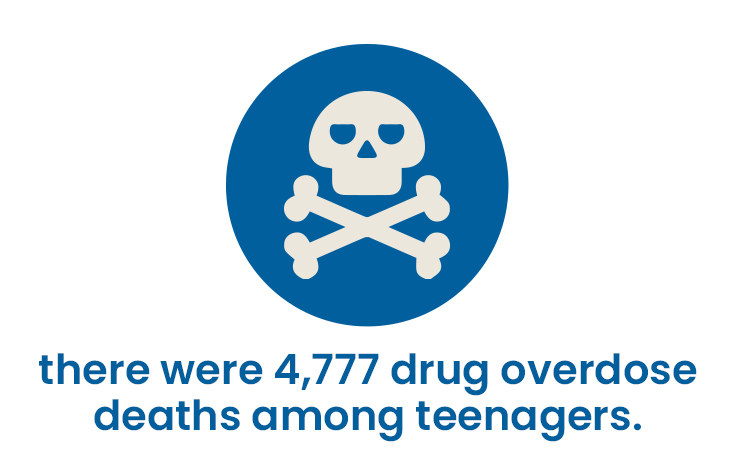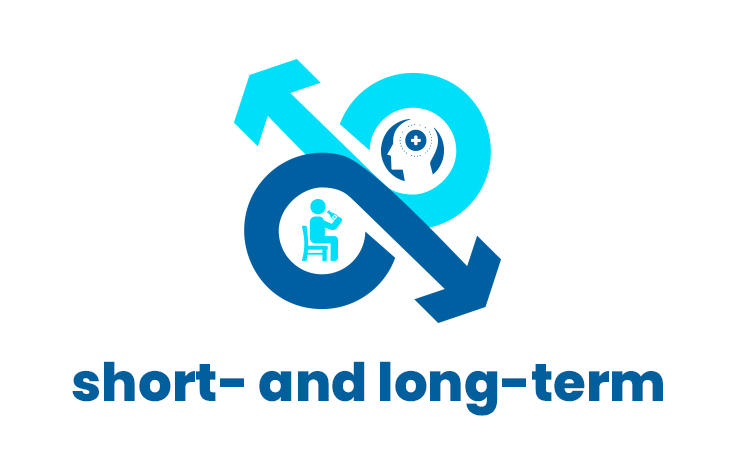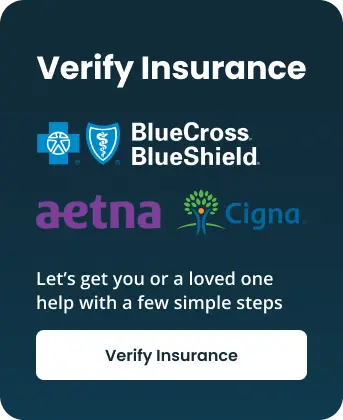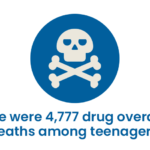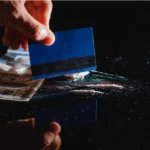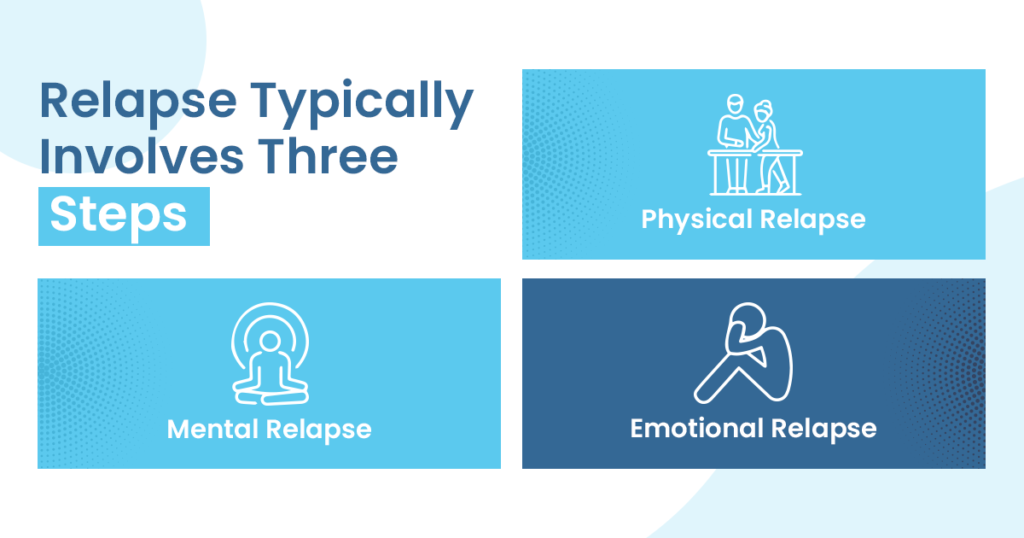
Relapse is the return to drug and/or alcohol usage after an abstinence period. Relapse is an ever-present threat for those in recovery. According to the National Institute on Drug Abuse (NIDA), between 40 and 60 percent of former drug addicts will eventually relapse.
There are several things a person can take into account to minimize relapse, including developing a relapse prevention plan. Writing a relapse prevention plan and making efforts to ensure sticking to it can be a vital component of recovery.
What Is A Relapse Prevention Plan?
Anyone in recovery needs a relapse prevention plan. Having a plan helps identify such behaviors that can trigger relapse in the future. It also provides advice on how to stop them and get back on track.
A person often writes down a relapse prevention plan with their treatment team and shares it with their support network. The plan provides a strategy for handling triggers and cravings.
Relapse usually doesn’t happen on the spur of the moment. It typically involves three steps, including:
- Mental Relapse
- Physical Relapse
- Emotional Relapse
With a relapse prevention plan, it is feasible to identify and respond to specific events and feelings that could trigger a relapse.
Steps to Creating A Relapse Prevention Plan
While it is possible to create a relapse prevention plan on your own, it may be helpful to work through the process with an expert, such as a drug addiction counselor. Relapse plans can be verbalized, but they can also be written to provide a more detailed description of the measures to take if a relapse seems likely to happen.
The following elements must be considered while developing a relapse prevention plan.
Assess Your History With Alcohol And Drugs
Consider the following questions while developing a relapse prevention plan:
- Was there a specific time you were more inclined to substance use?
- Did specific people factor into the times you used?
- What thoughts led you to be more likely to use alcohol or drugs?
- Why did you relapse before?.
Determine The Signs/Behaviors That Can Trigger Relapse
Try to think of a list of events that might lead to relapse and a list of warning signs of relapse. Some individuals begin to feel, think, or act differently when a relapse is imminent.
Creating a list of warning signs might provide greater insight into a person’s relapse.
Sharing the list with the treatment team might equip them with the necessary knowledge to prevent the patient’s relapse.
Establish An Relapse Prevention Action Plan
Make an action plan for preventing relapses that outlines what you should do in place of using alcohol or drugs. For example, if going through a breakup might result in a relapse, consider alternate ways to express your frustration and pain.
Plan to go to a support group or phone a relative or close friend immediately rather than drinking or using drugs. The more explicit your action plan, the less likely you are to be within striking distance of a relapse.
Decide who you’ll contact first, what you’ll ask of them, and if you’ll go to a meeting or go back to rehab. The more detailed and specific your plan is, the more probable you will soon get back on track. Make sure the people who will be a part of your plan are knowledgeable enough to help you if needed.
Relapse Prevention Plan Template
Although each individual’s relapse prevention plan is unique, a few specific components must be included in the final plan.
Identification Of Your Goals And Motivations
An individual approach to relapse prevention will not be the same for everyone. You must consider what you want from recovery and your personal goals for the future.
What changes are you ready to make, and what are your motivations for doing so?
For instance, keeping a job, making apologies and rebuilding relationships with loved ones, performing family responsibilities, being physically better, and boosting self-esteem are all excellent recovery goals that should be incorporated into your plan.
Management Of Triggers And Cravings
A trigger is referred to something that can cause stress and may induce alcohol or drug cravings. Everyone has their own unique triggers. They may be caused by certain situations, places, people, or events.
These persons and/or locations may need to be avoided, at least for the time being, if you often drink alcohol with your friends at particular places. It is essential to have coping mechanisms and skills in place for healthily handling stress.
What obstacles will present the biggest challenges for you, and how will you overcome them? Include relaxation techniques, stress management ideas, and coping strategies in your plan for future reference.
Maintenance Of Healthy Lifestyle
Establishing a daily routine for maintaining physical health, such as a scheduled sleep plan, creating balanced meals, and a training routine can be valuable. Having enough sleep and eating well can assist in laying a solid foundation upon which to grow.
Finding hobbies that keep you occupied and occupy your attention might also be an effective relapse prevention plan. Take up a creative activity such as dancing or painting, enroll in a yoga class, and discover methods to relax. Determine how you will care for yourself physically and emotionally, and schedule this activity into your daily calendar.
Setting Up A Support System
The people around you can be invaluable in the process of recovery. Surround yourself with those who support your goals. Peer support and 12-Step groups may be quite helpful in preventing relapse throughout recovery.
According to the Journal of Addictive Disorders, people who actively participated in Alcoholics Anonymous (AA) were more likely to remain abstinent than those who did not. Think of ways and strategies to communicate effectively and seek help when needed. Keep the phone numbers of counselors, mentors, friends, and relatives close at hand, and don’t be afraid to talk it out.
Keeping Yourself Accountable To The Plan
Create ways to assist yourself in achieving achievement, such as setting modest, realistic objectives and rewarding yourself for positive progress. Create a list of things you are grateful for and reasons for being sober. Keep this part of your plan to remind yourself of your goals and maintain motivation.
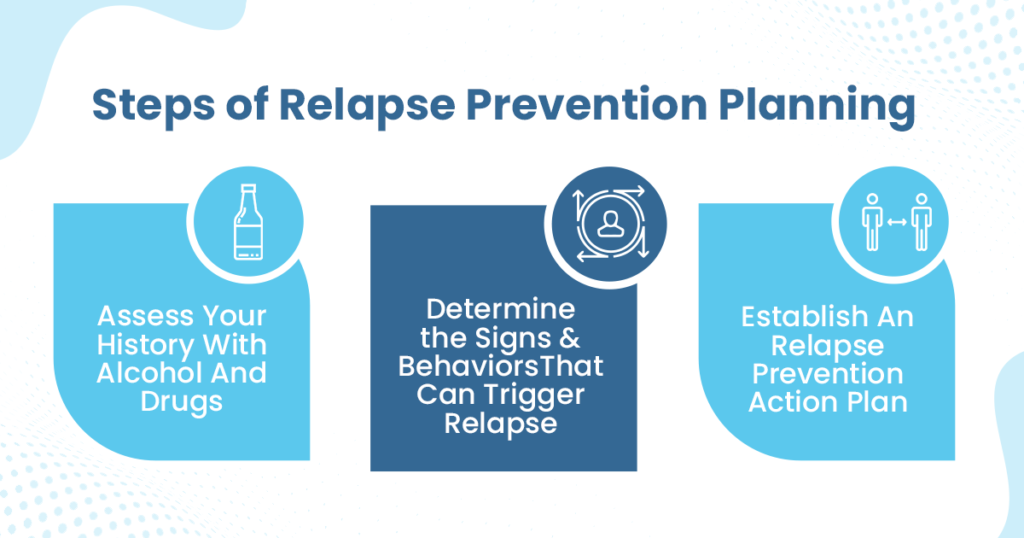
Frequently Asked Questions (FAQs)
What should be included in a relapse prevention plan?
A relapse prevention plan must include:
– Recovery goals
– Triggers
– Warning signs
– Recovery tools
– Actions to be taken
What can be done to prevent a relapse?
The things you can do to prevent relapse include:
– Self-care
– HALT (hungry, angry, lonely, and tired)
– Mindfulness meditation
– Know your triggers
– Join a support group
– Have an emergency contact list
– Get help
What are the five determinants of relapse?
The five determinants you need to consider and talk about to your counselor or therapist include:
– Stress
– Places or people connected with addictive behavior
– Challenging or negative emotions
– Sensing or seeing the object of your addiction
– Times of celebrations (e.g., holidays, birthdays, etc.)
What are the benefits of Relapse Prevention Programs?
The top three benefits of a relapse prevention program include:
– You learn to recognize high-risk situations
– You gain confidence
– You will understand the true meaning of relapse and your struggles
What are some relapse prevention skills?
The top relapse prevention skills include:
– Self-care
– HALT (hungry, angry, lonely, and tired)
– Mindfulness meditation
– Know your triggers
– Join a support group
– Have an emergency contact list
– Get help
The Haven Can Help You Stay Sober
Consistently reviewing your relapse prevention plan is essential in sustaining long-term recovery. If you haven’t made one yet, contact your support group counselor for assistance today.
At The Haven, our compassionate addiction treatment staff works one-on-one with each client to develop a strong and thorough action plan that will lessen the probability of relapse following recovery and promote healthy behaviors in the future. We offer both residential and outpatient programs to best match the needs of all of our patients.
When you are ready, contact us at (561) 328-8627 today for information on our addiction treatment programs.


